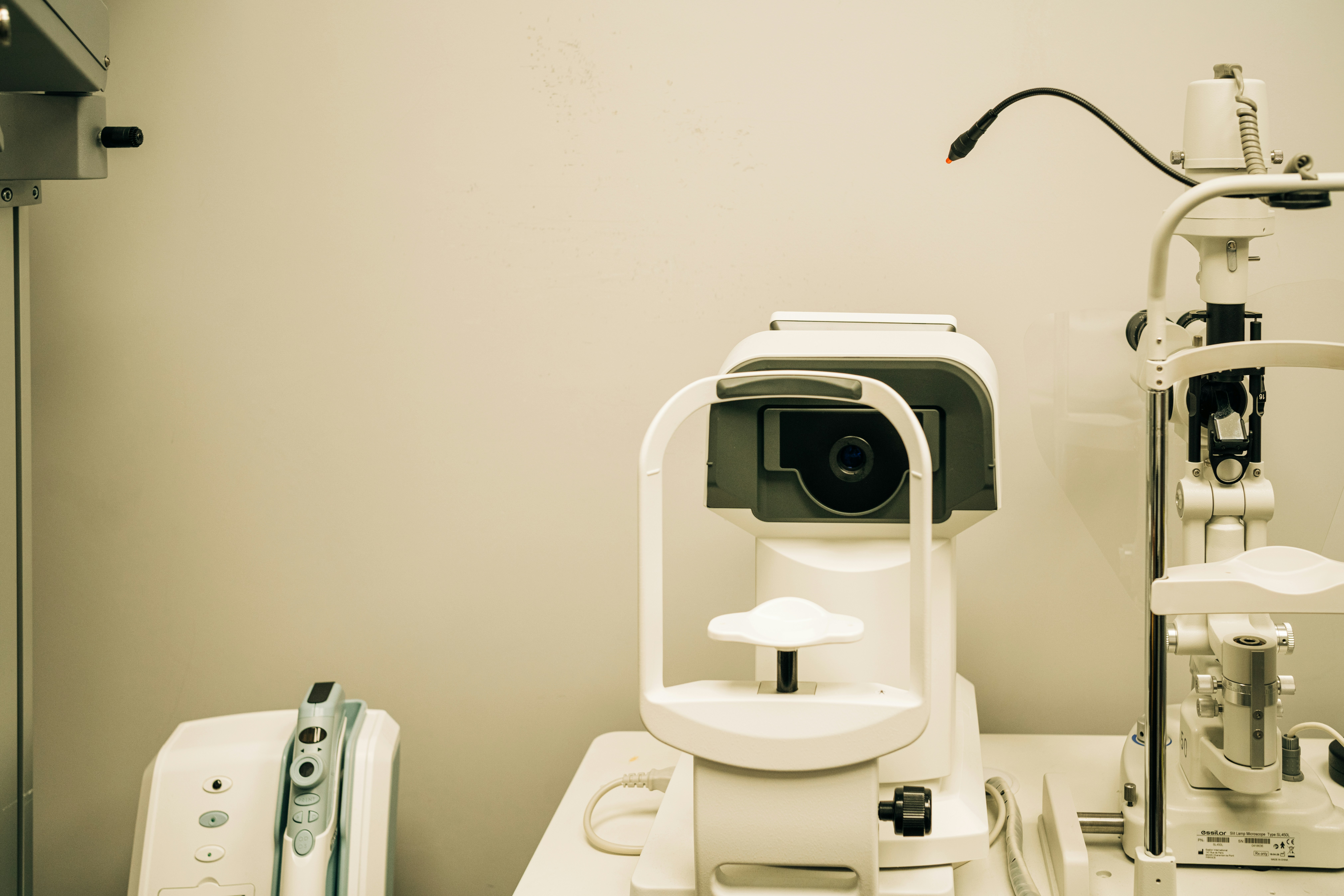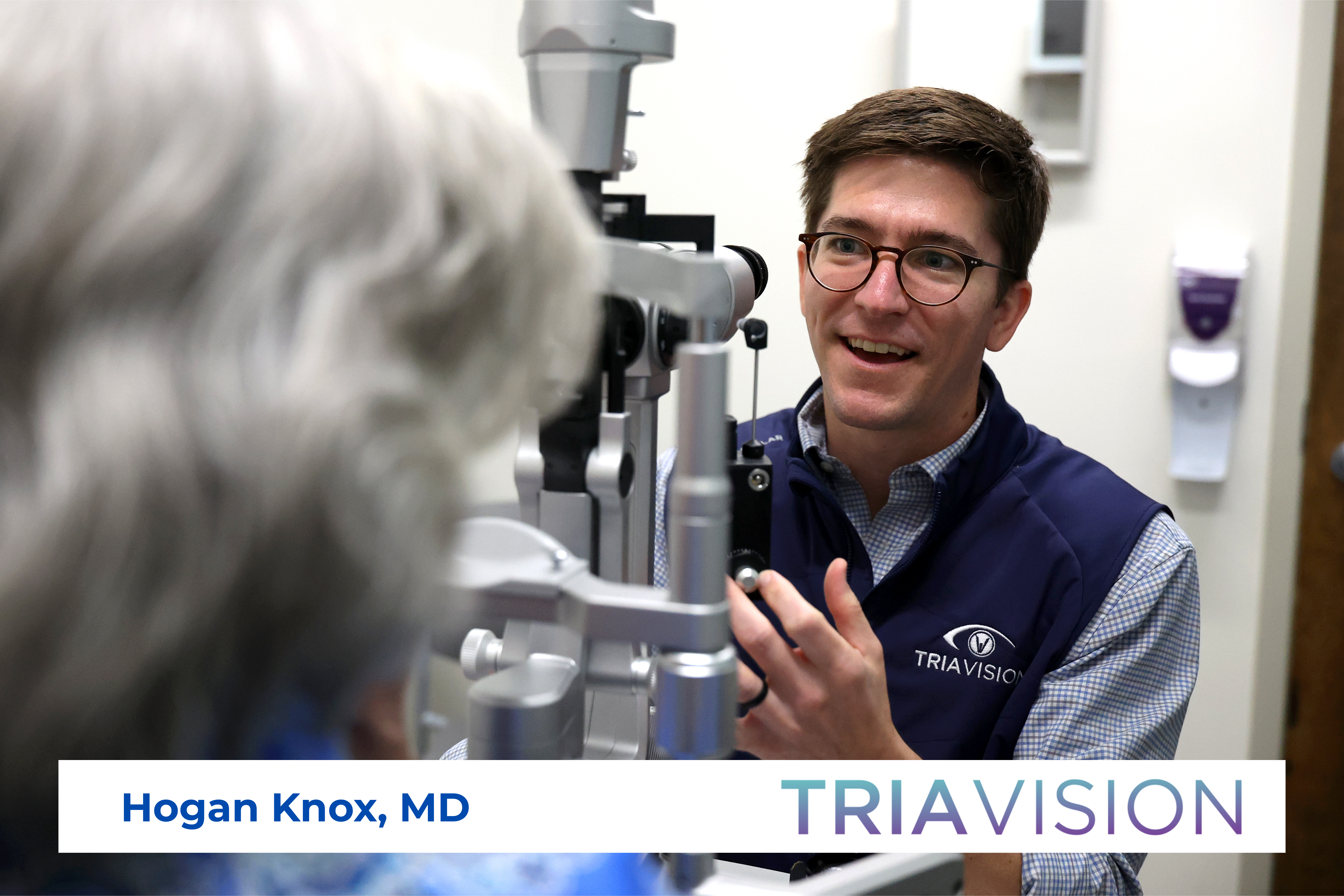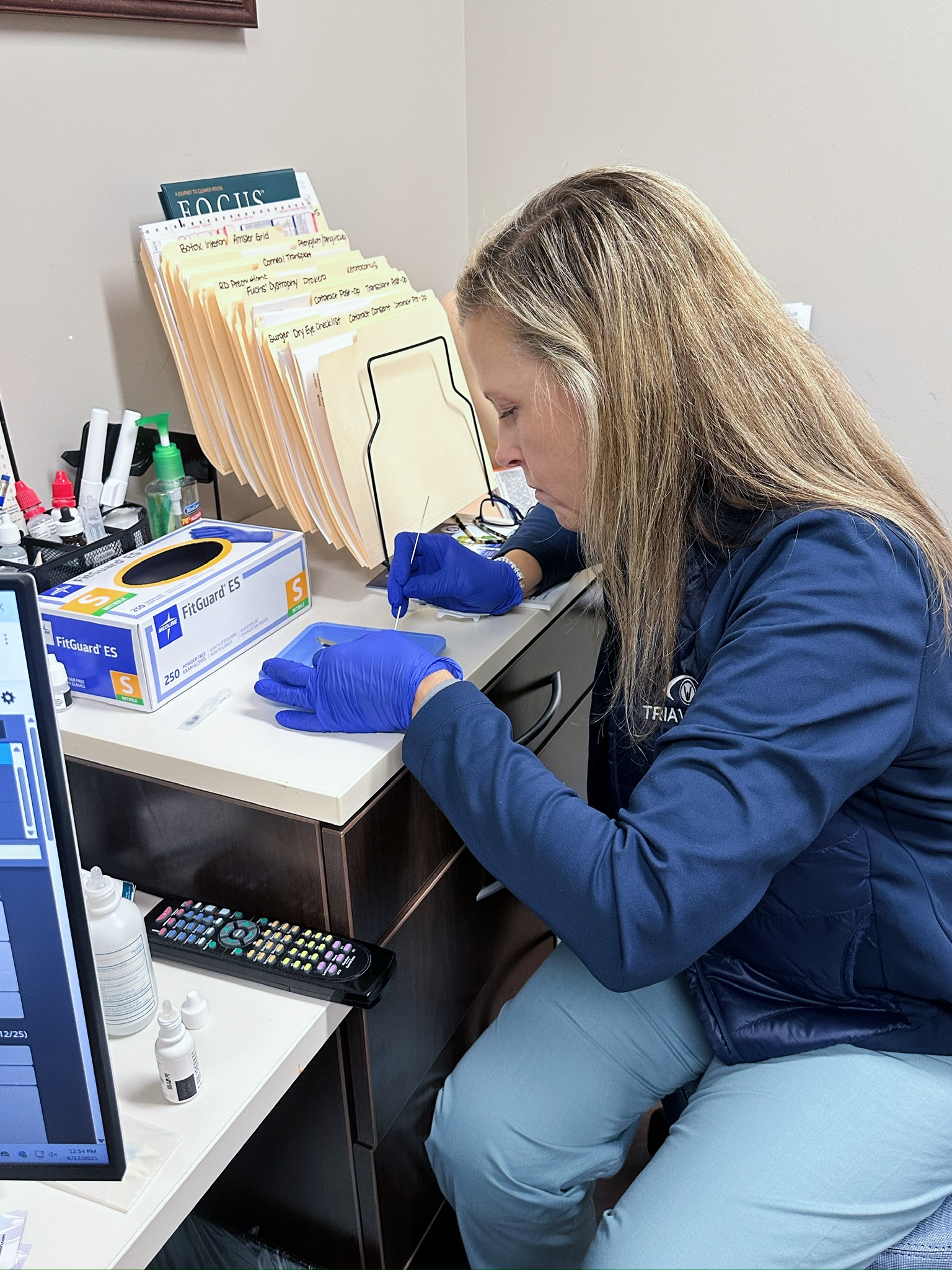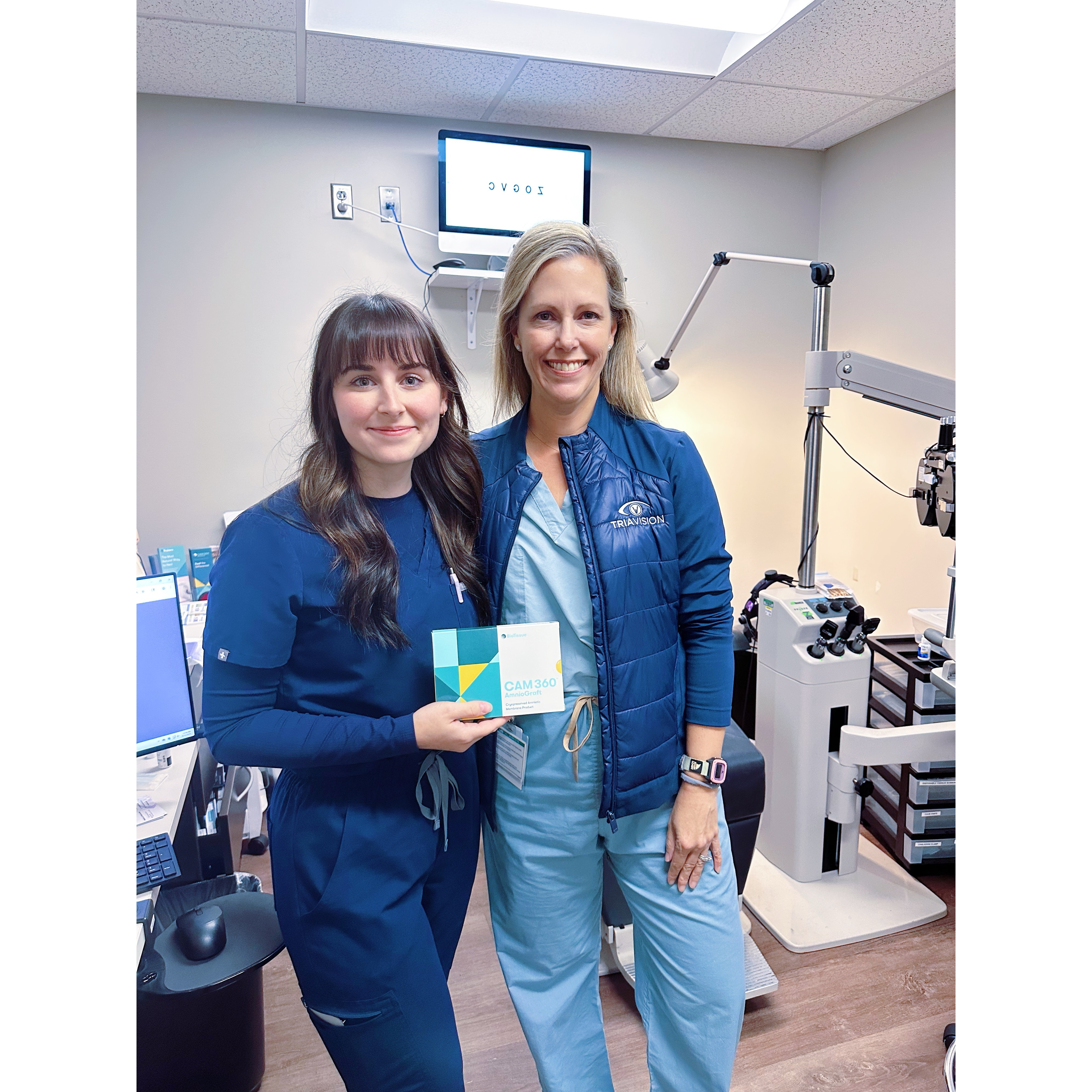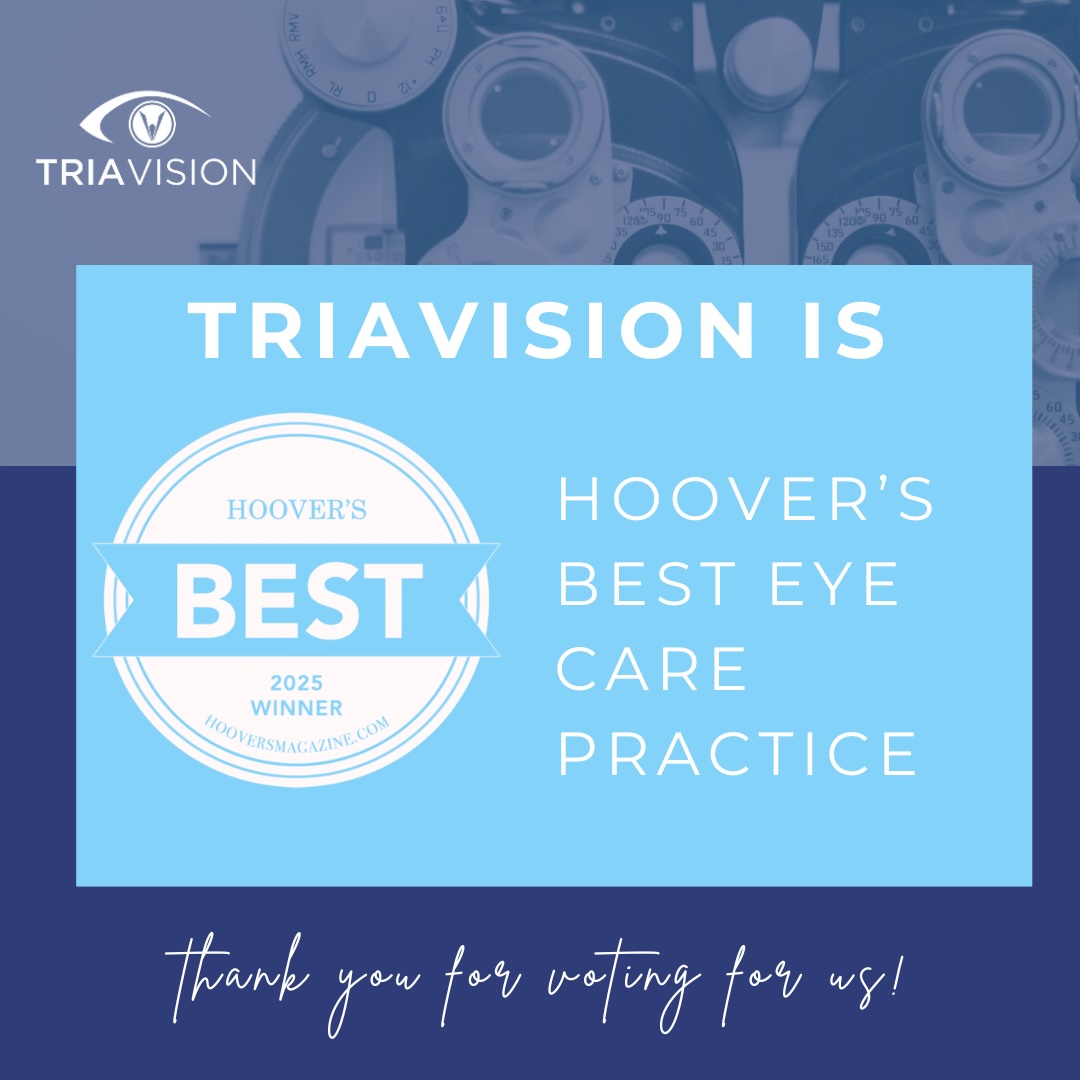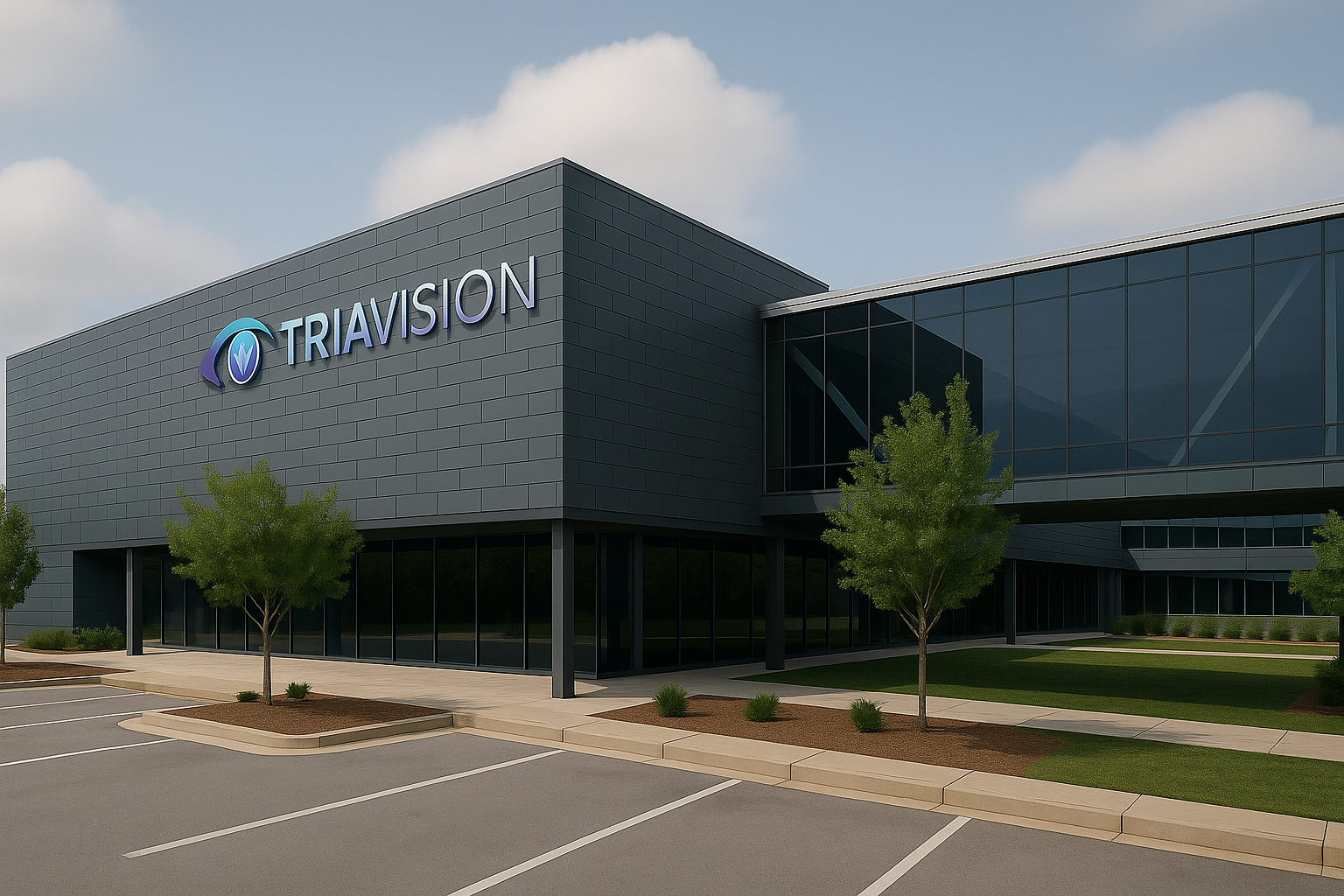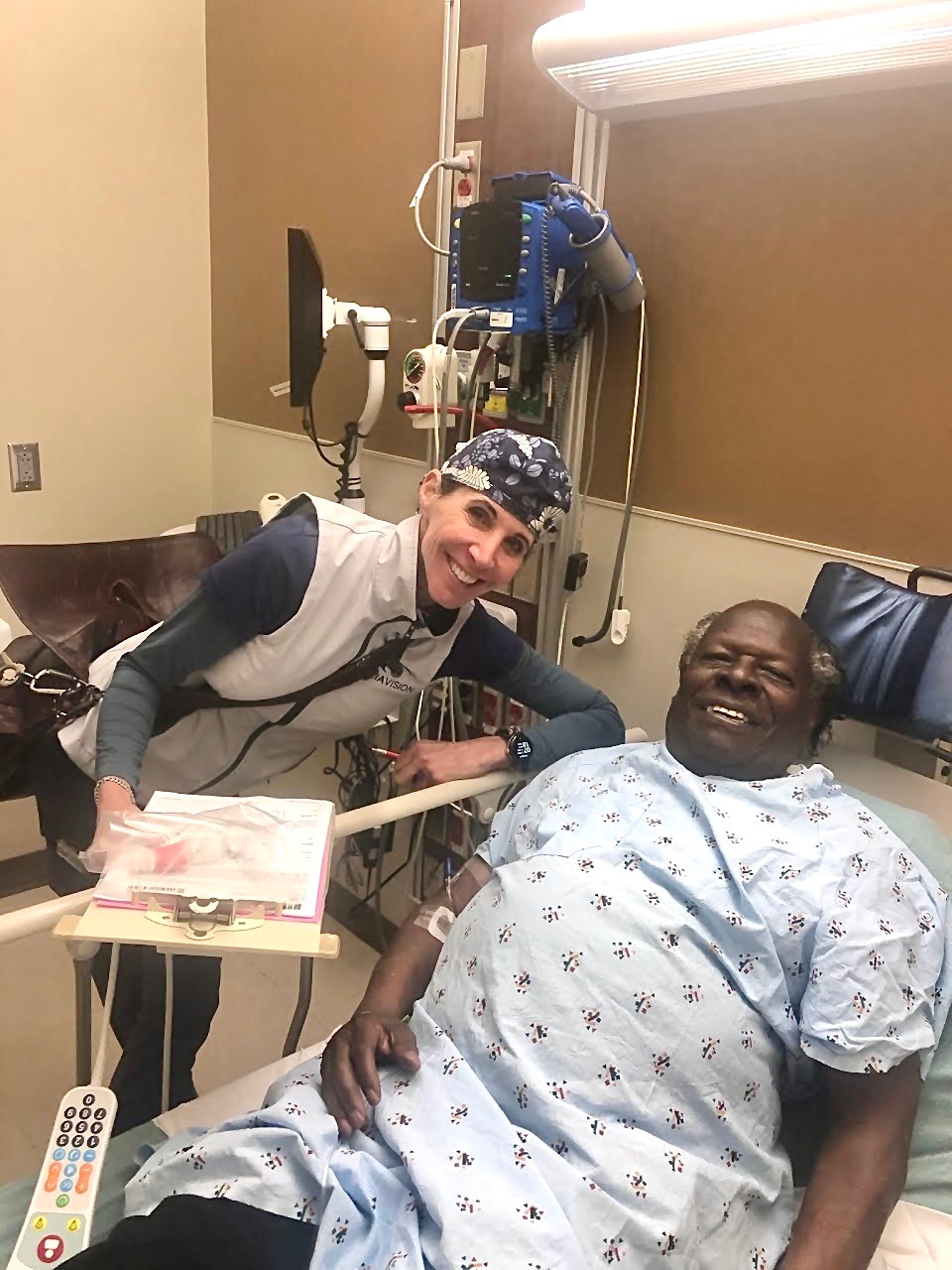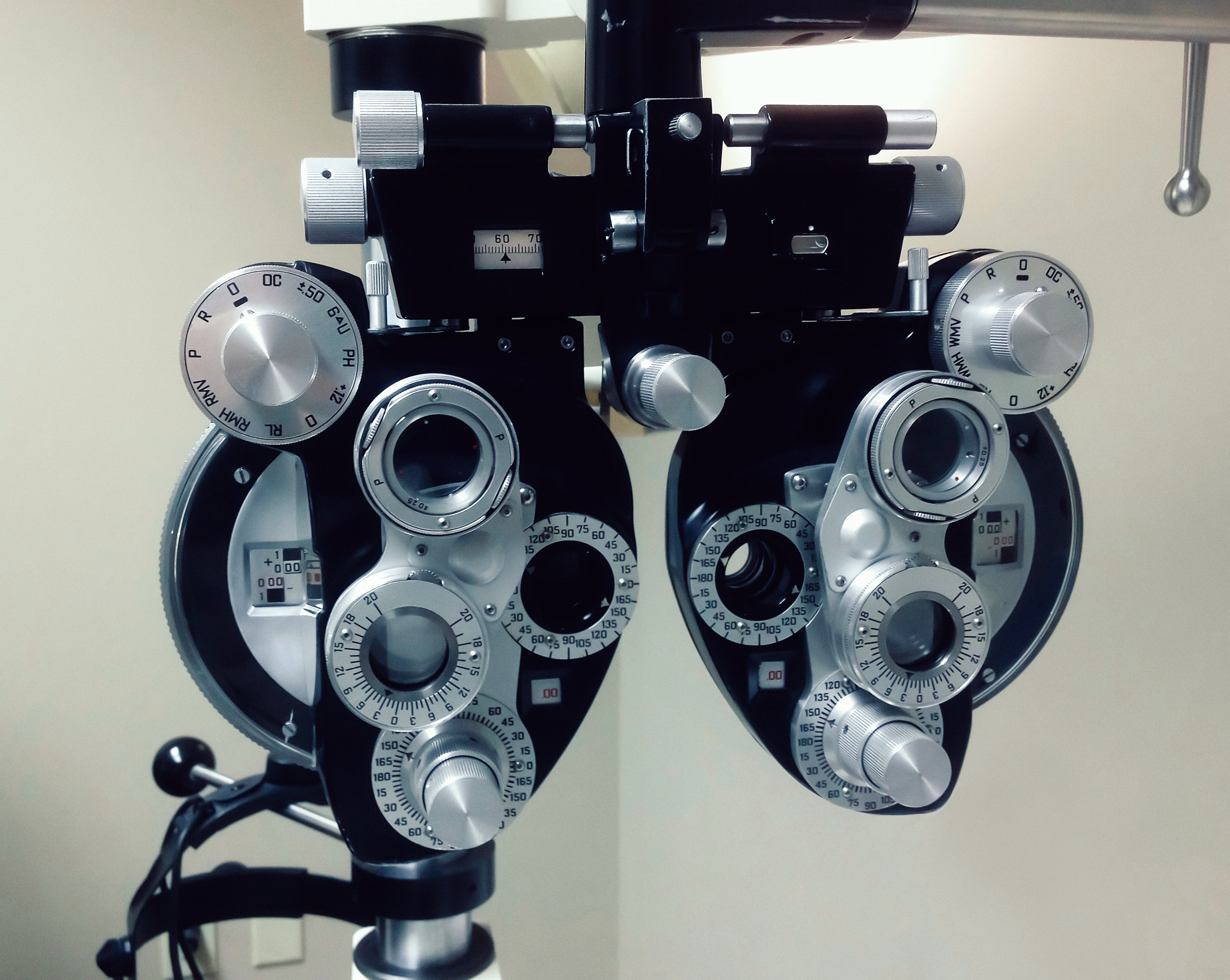
Understanding Glaucoma Care - Key Aspects of Treatment and Management
Glaucoma is a complex eye condition that requires careful management to preserve vision. Dr. Hogan Knox, a glaucoma specialist, offers insight into the key elements of glaucoma care. Here’s an overview to help you understand what to expect in your treatment journey and why each aspect of care is important.
1. Building Trust with Your Eye Care Team
A successful treatment plan starts with a strong, trusting relationship between you and your eye care provider. Glaucoma often progresses without symptoms, so building trust helps ensure you’re comfortable with your care, especially when it comes to treatment decisions. Trust is built over time, and knowing that your doctor understands your personal concerns and values can make a big difference in your comfort with treatment, whether it involves daily eye drops, lifestyle adjustments, or even surgery.
2. Monitoring Your Glaucoma
Monitoring glaucoma is crucial to understanding how the disease is progressing and whether your current treatment is effective. Glaucoma care often involves regular tests, such as:
- Intraocular Pressure (IOP) Checks: Your doctor will measure the pressure inside your eye regularly. While minor fluctuations are common, consistent increases may require adjustments to your treatment.
- Optical Coherence Tomography (OCT): This imaging test captures detailed images of the retina and optic nerve, helping doctors monitor for any changes that could indicate glaucoma progression.
- Visual Field Tests: These tests evaluate your peripheral vision and help detect vision loss caused by glaucoma.
By reviewing these test results together, you and your doctor can track your eye health over time. Visual aids like OCT scans and visual field tests are powerful tools that help you see and understand how your eyes are doing, even if you’re not experiencing any noticeable symptoms.
3. Advancing Treatment When Needed
Treatment for glaucoma often starts with eye drops to lower eye pressure, but other treatments may be considered if medications aren’t enough. Your doctor might discuss surgery as an option, and it’s natural to have questions and concerns. In these discussions, setting realistic expectations is essential.
Surgery is intended to reduce eye pressure, but it may not immediately improve vision, and there can be a recovery period. Understanding the purpose of surgery and what to expect afterward can help you feel more confident about moving forward. Dr. Knox likes to explain that glaucoma surgery is somewhat like “back surgery for the eye”—it’s about preserving function rather than a quick fix for symptoms.
4. Managing Complications
While every effort is made to prevent complications, they do happen from time to time. Common issues after glaucoma surgery might include things like changes in eye pressure, infections, or other minor challenges. Knowing that your eye care team is experienced in handling these situations can help ease your mind. Staying calm and working together to address any complications allows for the best possible outcome.
Your Takeaway: Proactive, Trust-Based Glaucoma Care
Glaucoma care is a long-term commitment, and it’s normal to feel anxious when faced with medical terms, tests, or treatment decisions. Dr. Knox emphasizes that patient education, trust, and clear communication are at the core of effective glaucoma management. By staying informed and partnering closely with your eye doctor, you’ll be better prepared to make confident choices about your eye health and protect your vision for the future.
If you have any questions or need further guidance, don’t hesitate to reach out to your eye care provider—they’re here to help you every step of the way.

